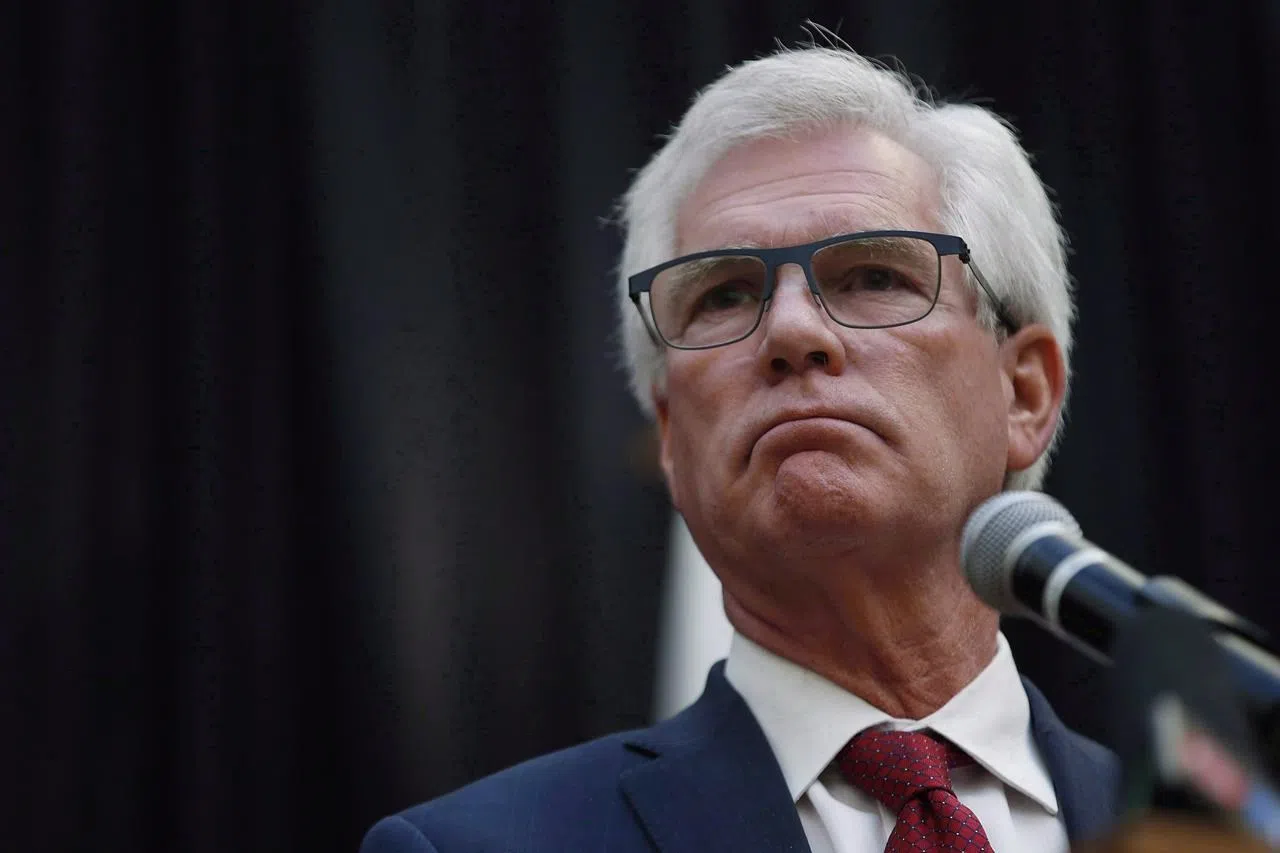
New corporate-ethics ombud named but powers still subject to legal review
OTTAWA — The federal government’s long-awaited announcement Monday of a watchdog to enforce responsible conduct by Canadian companies operating abroad was greeted with disappointment by human-rights advocates.
The condemnation was sparked by a decision from International Trade Minister Jim Carr to consult further on the powers of the new “Canadian ombudsperson for responsible enterprise” — a legal review that he said could extend into early June.
That means the fate of the new office will be left to the waning days of the final sitting of Parliament prior to the October federal election. The Liberals promised to create this position as part of their 2015 campaign platform.
At issue is whether the new ombudsperson Sheri Meyerhoffer, a lawyer with a long record in business and international development, can compel reluctant companies to co-operate with her investigations into whether their conduct violated the human rights of local populations and to follow recommendations she makes.


